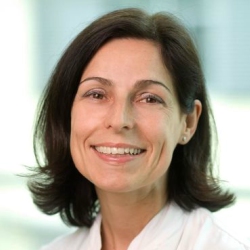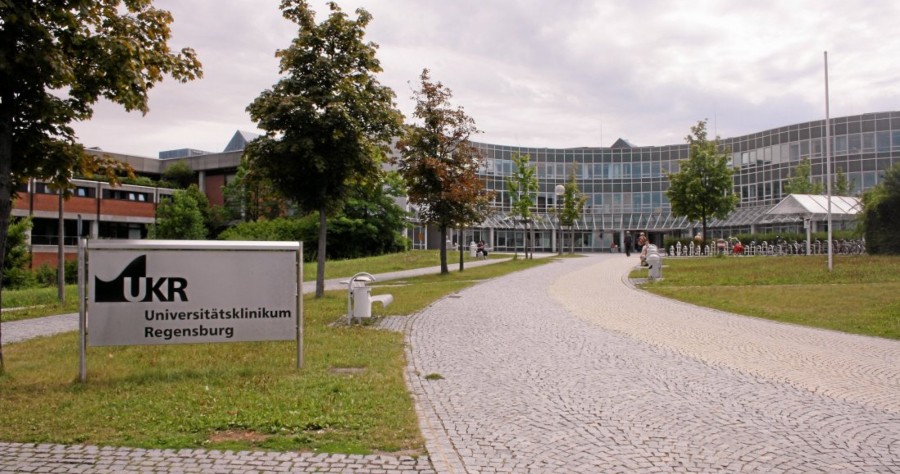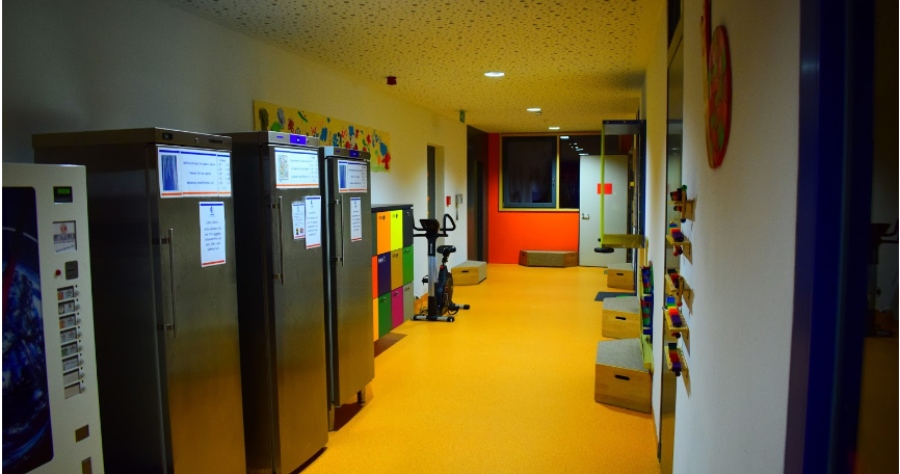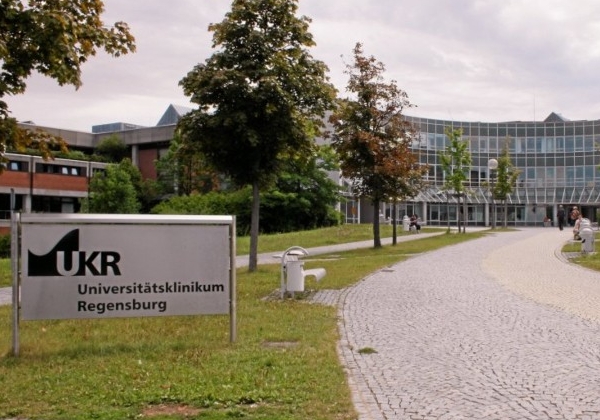University Hospital Regensburg
![]() Regensburg, Germany
Regensburg, Germany
Conservative treatment of acute pancreatitis
- Initial consultation with the doctor
- clinical examination
- gastroenterological examination
- review of medical records
- laboratory tests:
- complete blood count
- biochemical analysis of blood
- serum amylase
- lipase
- liver function test
- electrolytes
- blood urea nitrogen (BUN)
- pancreatic function test
- creatinine
- hormonal analysis
- general urine analysis
- abdominal ultrasonography
- magnetic resonance cholangiopancreatography (MRCP)
- endoscopic retrograde cholangiopancreatography (ERCP)
- biopsy (if indicated)
- computed tomography (CT) guided needle aspiration
- histological and immunological analysis of the fluid
- nursing services
- consultation with gastroenterologist
- consultation with other related specialists
- symptomatic treatment
- cost of medicines
- pre-procedure workup
- endoscopic Pancreatic Necrosectomy
- post-procedure analysis
- treatment by leading expert
- full hospital accommodation
- explanation of an individual treatment plan
- written prescription
Department of Internal Medicine I (Gastroenterology, Hepatology, Endocrinology, Rheumatology, Immunology and Infectiology)

Head of the Department
Prof. Dr. Martina Müller-Schilling
Department of Internal Medicine I (Gastroenterology, Hepatology, Endocrinology, Rheumatology, Immunology, and Infectiology) at University Hospital Regensburg provides care for patients with diseases of the digestive tract, abdominal organs, and endocrine glands as well as...
Read MoreAbout University Hospital Regensburg
University Hospital Regensburg is a high-quality health care center that covers a wide area of the population of about 2.2 million people in the Northeast region of Bavaria. The hospital is one of the most modern and economical clinics of the Federal Republic that has core functions of patient care, research, and teaching. The hospital is aligned on high-performance medicine, particularly in the fields of transplantation, intensive care, oncology, and cardiovascular diseases and works in cooperation with other specialized clinics to ensure patients get optimal care. The hospital consists of over 25 departments, 43 specialized clinical and research centers and is considered one of the top German university hospitals as it has over 4,900 employees and teaches over 2,000 physicians and dentists every year. The hospital has a bed capacity of 839 beds where over 31,000 inpatients are treated, 52 daycare units where 4,300 patients are treated and outpatient clinics where over 257,000 are treated every year.









